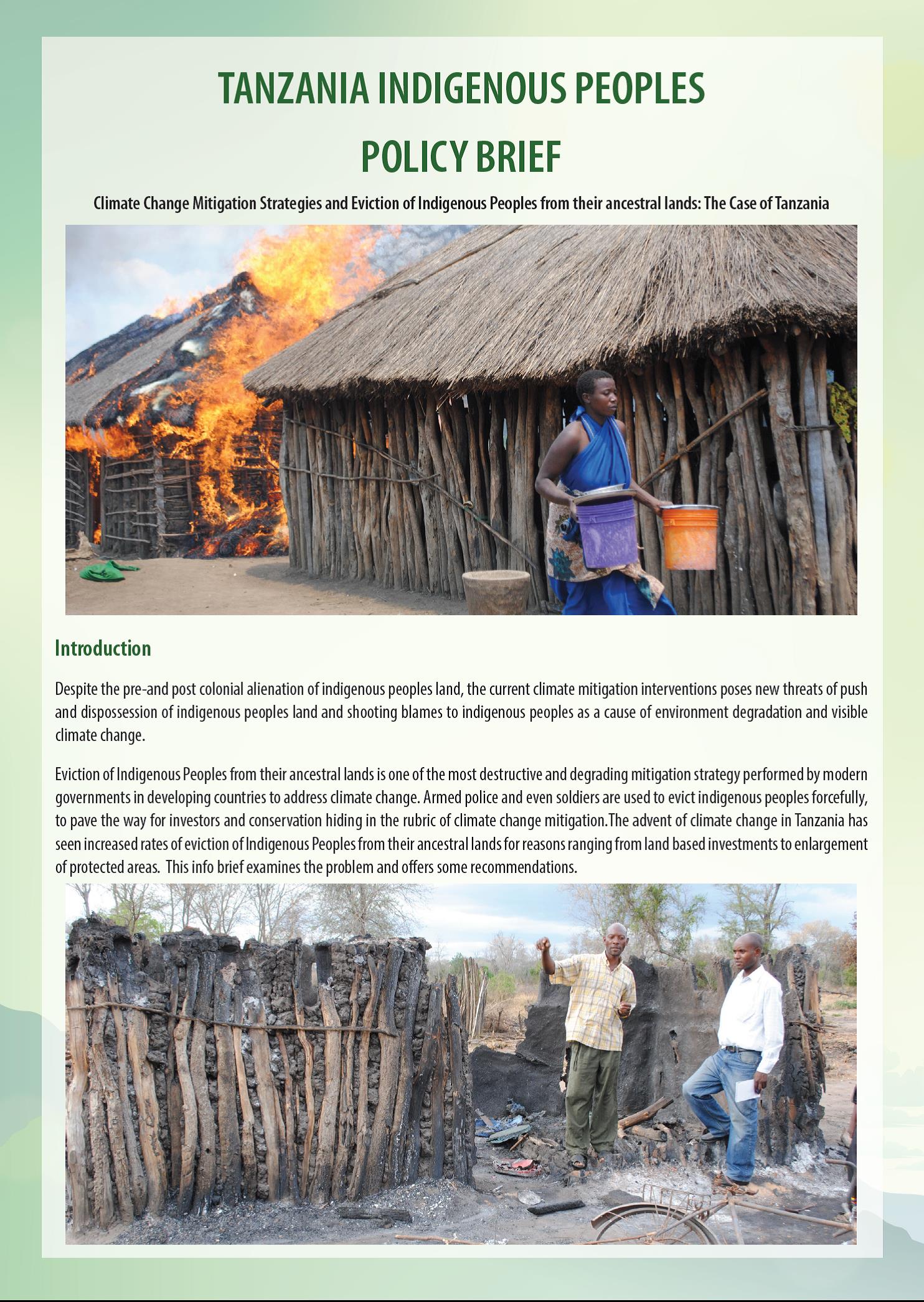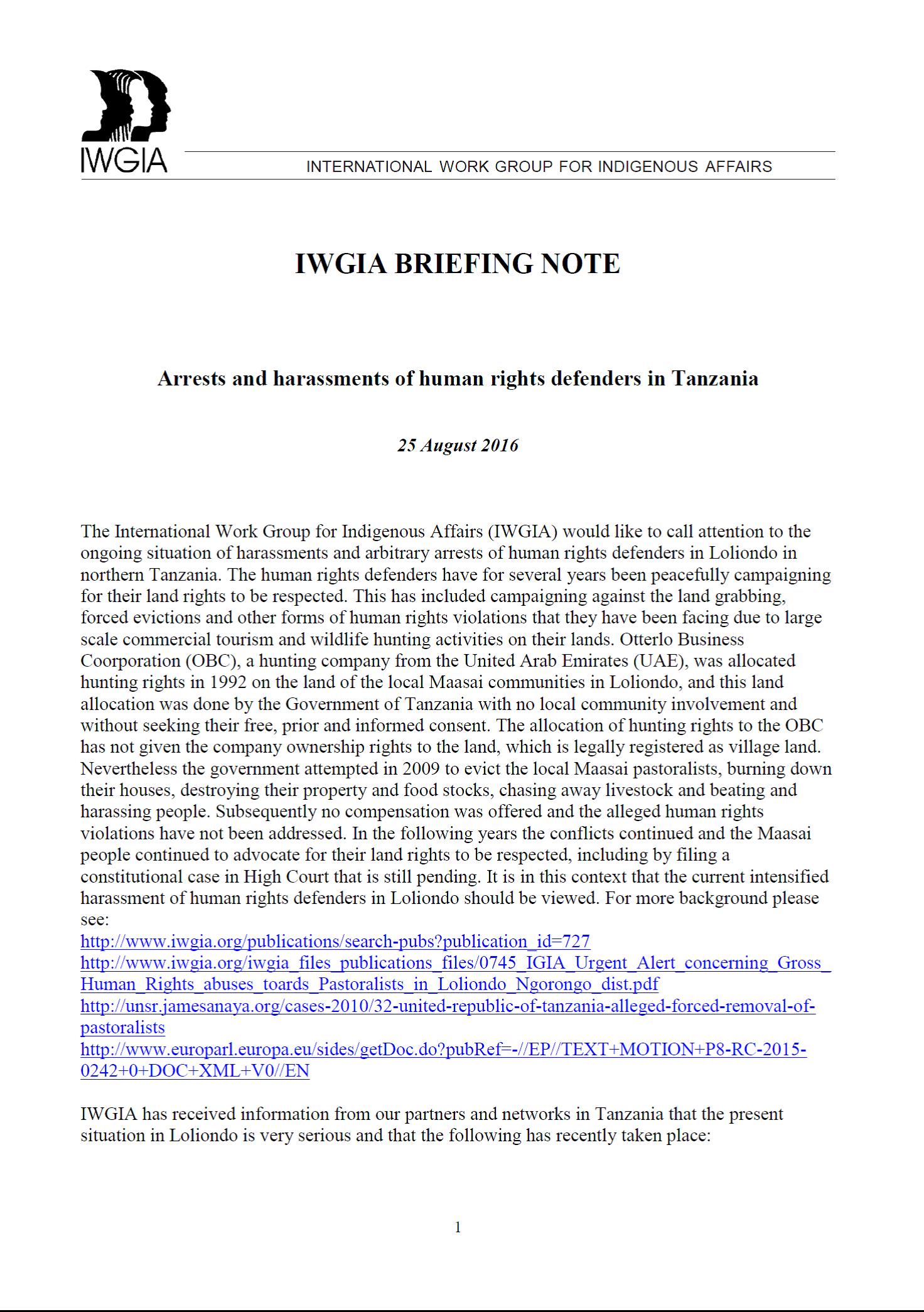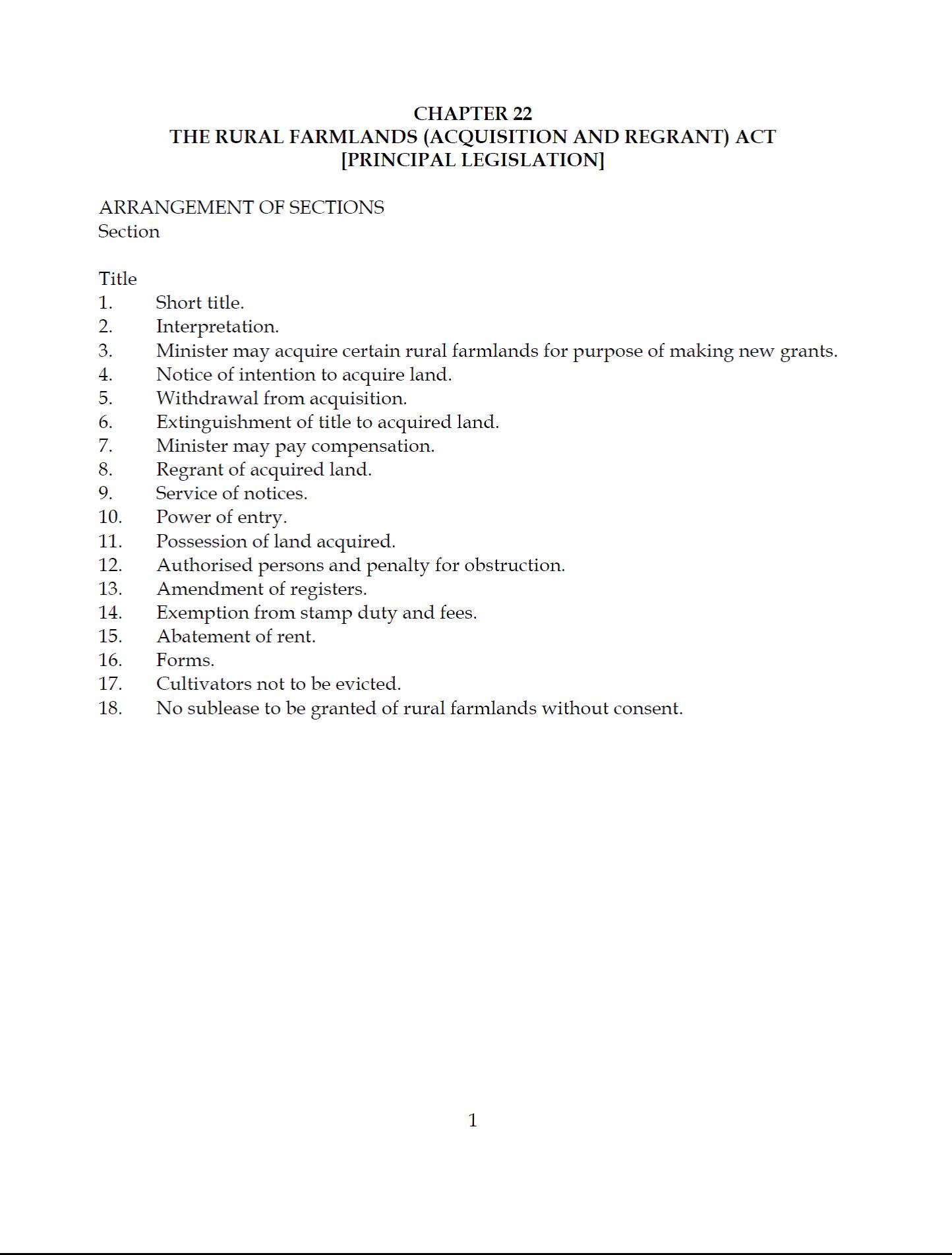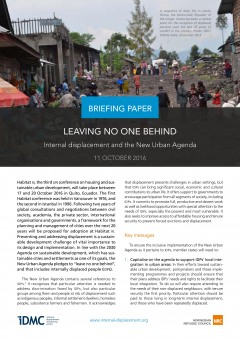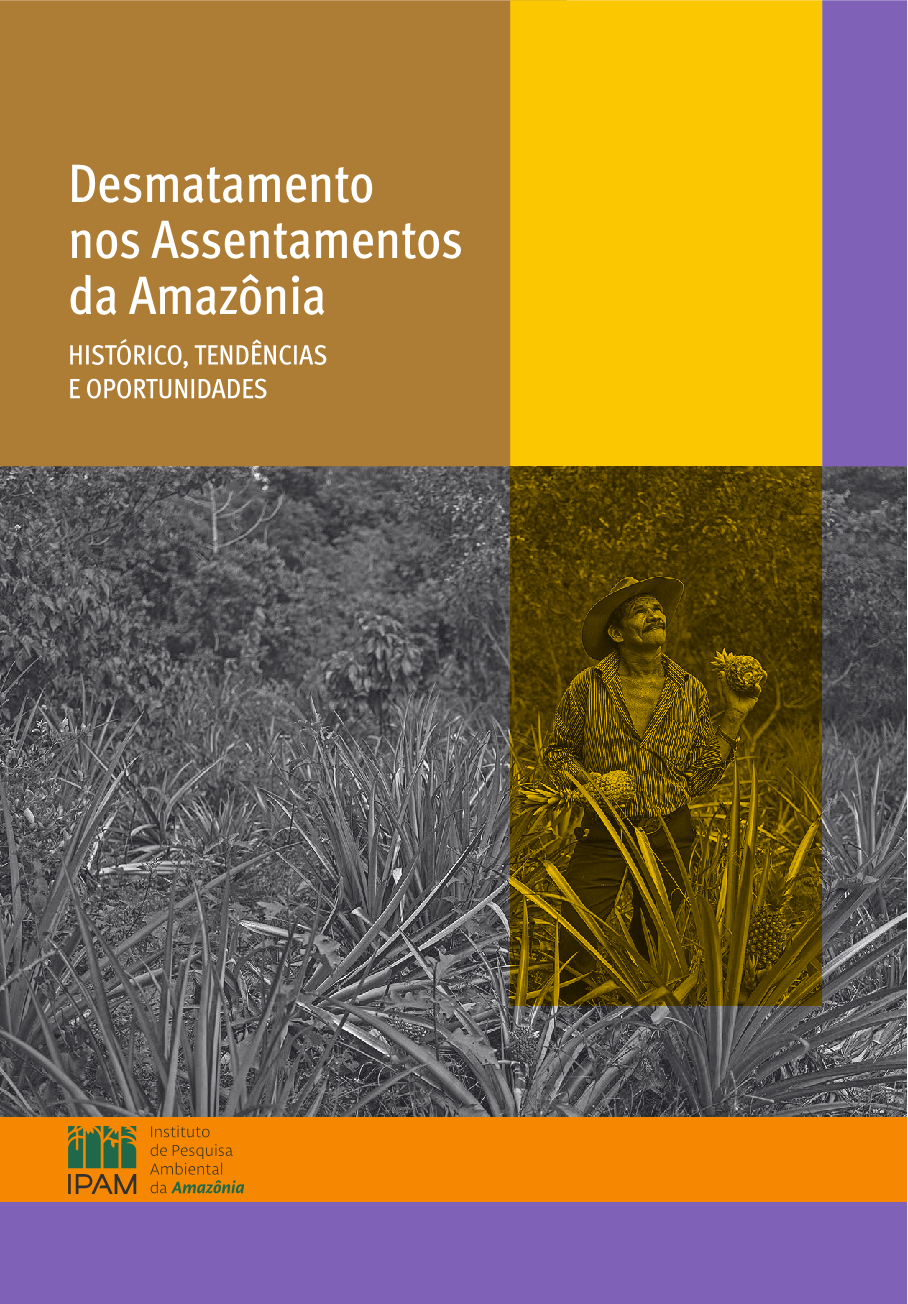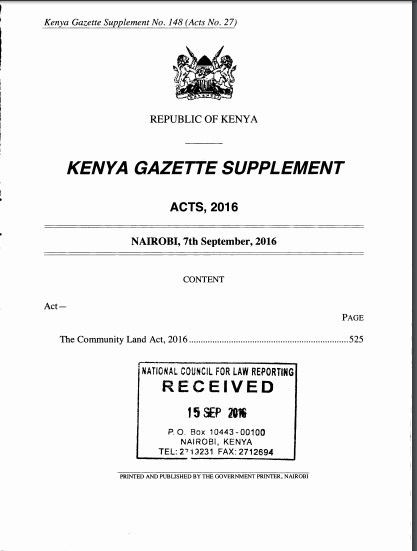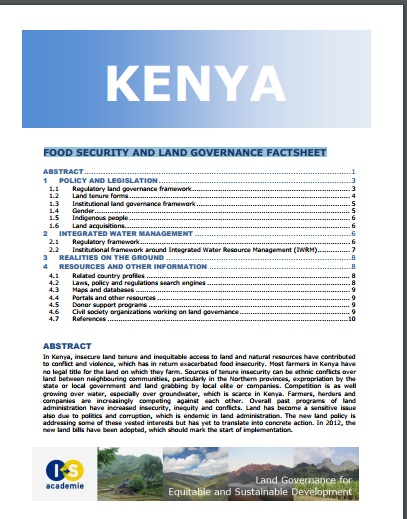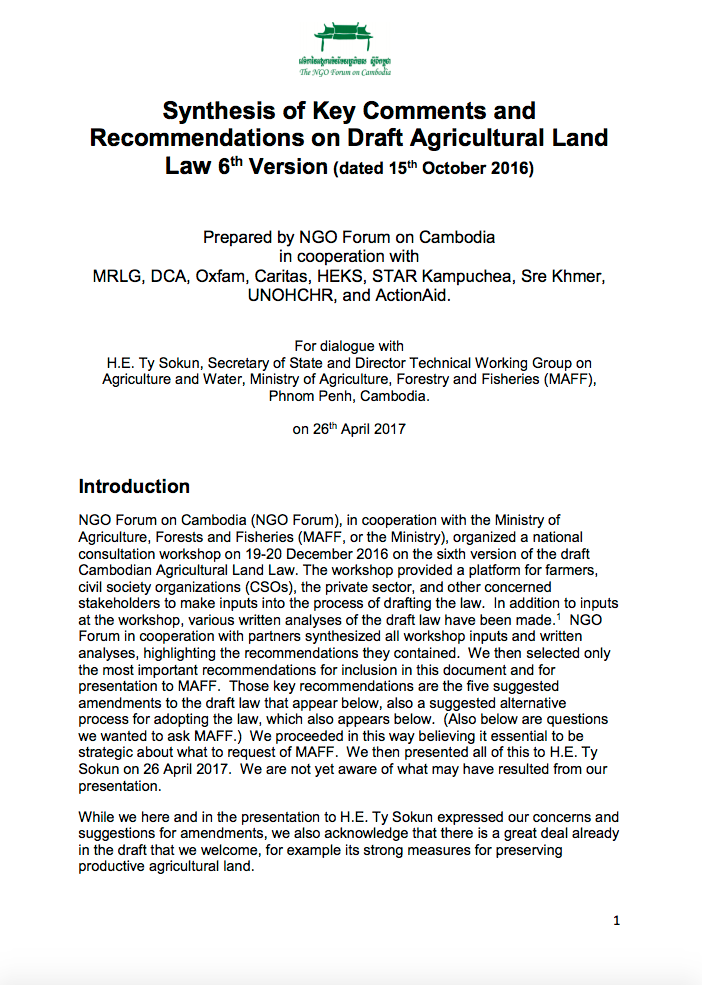Climate Change Mitigation strategies and evictions of indigenous peoples from their ancestral land.
Eviction of Indigenous Peoples from their ancestral lands is one of the most destructive and degrading mitigation strategy performed by modern governments in developing countries to address climate change. Armed police and soldiers are used to forcefully evict indigenous peoples to pave the way for investors and conservation in the name of climate change mitigation.

